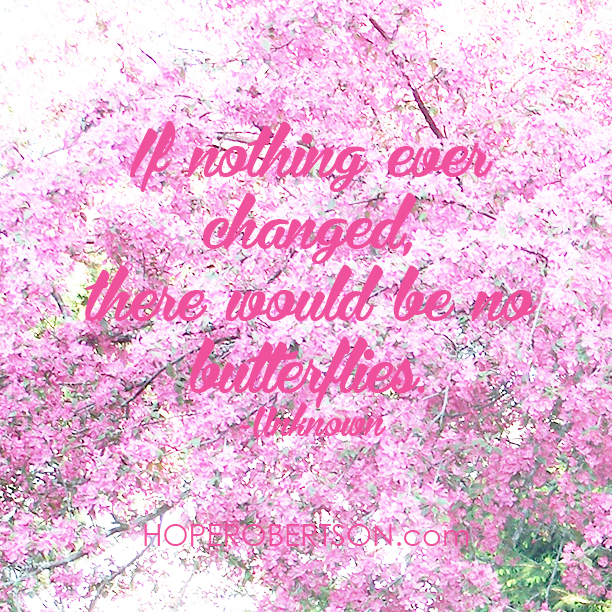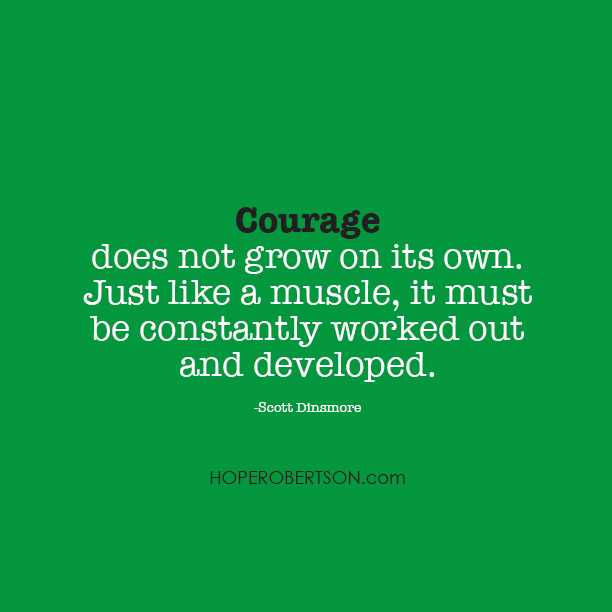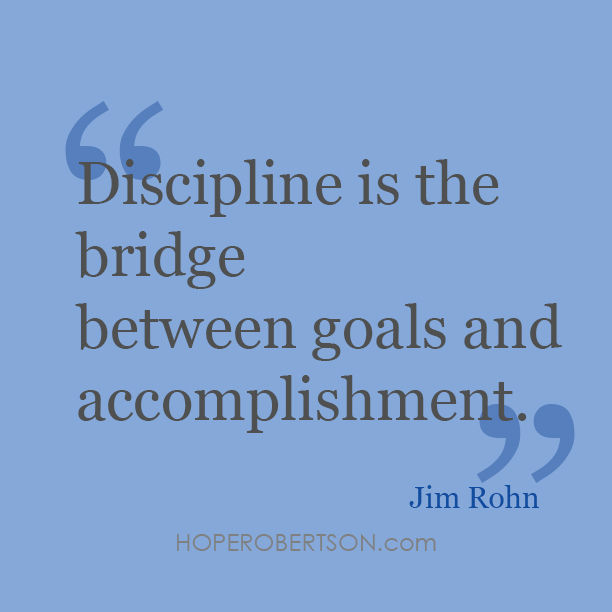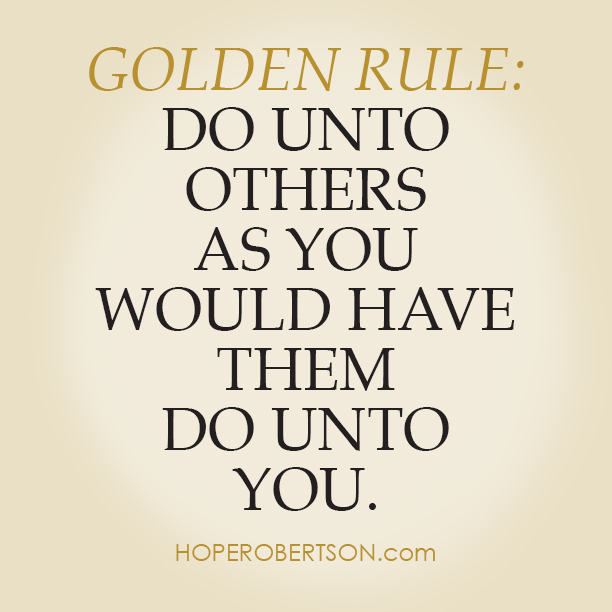Hope, She Wrote: How to Create Traditions and Make Memories
Written by H, Posted in Christian Living, Published Work, Uncategorized
Christmas season comes and goes so quickly each year that it can be hard to embrace the spirit of the season. In my November 19th column for The Minto Express, I share five ways to prepare your heart for the holidays.
Every year about this time, I find myself getting sentimental and feeling somewhat melancholic for days of yore. Maybe it’s all the Christmas decorations going up, or the first snowflakes falling, or the traditions that surface so faithfully year after year. Whatever the reason, these are times when I find myself reminiscing and wanting to make memories.
It seems these days that we’re so caught up in the commercialization of the Christmas season that we’ve lost sight of the true meaning of Christmas. In fact, it’s no longer politically correct to even say “Merry Christmas”. What is that?! Big box stores haul out the holiday goods right after Hallowe’en and somewhere between November 1st and December 25th society seems to miss the whole point of the season. Anyone else miss the days when we valued tradition, remembered our foundations, and celebrated our roots? Thought so.
While Christmas day may still be more than one month away, now is a great time to start preparing our hearts for this memorable time of year. Christmas is a time where we celebrate the greatest gift ever, and with that in mind, here are some suggestions for getting in the giving spirit (and maybe creating some new traditions along the way!):
- Support a local community cause. This doesn’t have to mean giving money; it could mean serving in a community kitchen to those less fortunate, donating non-perishable food items to your local food bank, or taking an hour or two to spend some time with a house-bound friend or aging relative.
- Start a gratitude list. In 2013, a friend of mine took time each day to write down one positive thing that happened in her life every day for most of the year. Then, near the end of year, she sat down and reviewed all of the awesomeness in her positivity jar. Whether you keep track with notes in a jar or a journal, take inventory of the positive things in your life.
- Be a thoughtful giver. It’s not about how much money you spend or who gives the coolest gift. Get creative in your gift giving; share your talents, and think outside the box.
- Share traditions with loved ones. My brother and sister-in-law do this every year, inviting family to help them trim the tree. Decorating for the holidays becomes less of a “to-do task” and more of an opportunity to create memories. Whether you’re setting up a tree or singing carols, or even baking cookies, spend some time with those you love.
- Remember the real reason for the season. Whatever your ‘religious’ beliefs or practice (or maybe lack thereof) throughout the year, the fact is, Christmas is a time to celebrate the greatest gift ever. True story.
“Today’s innovation is tomorrow’s tradition.” [Lidia Bastianich] Try something today to help create meaningful memories and traditions for yourself, your family, and your friends!












![False friends or counterfeit kindness; whatever you want to call it, the world is filled with people who will say one thing to your face and then another behind your back; people who will woo you in order to get something from you.
It’s sad, but it’s true.
The Bible provides us with examples from Joab to Judas, and yet, we’re surprised when we find ourselves deceived and hurt by someone else.
So what are some of the hallmarks of a true friend?
You can read more about this on hopereflected.com [Link in profile]
.
.
.
#friends #friendship #kindness #counterfeitkindness #hurt #proverbs #truefriends #hopereflected #blog #blogpost](https://www.hopereflected.com/wp-content/plugins/instagram-feed/img/placeholder.png)